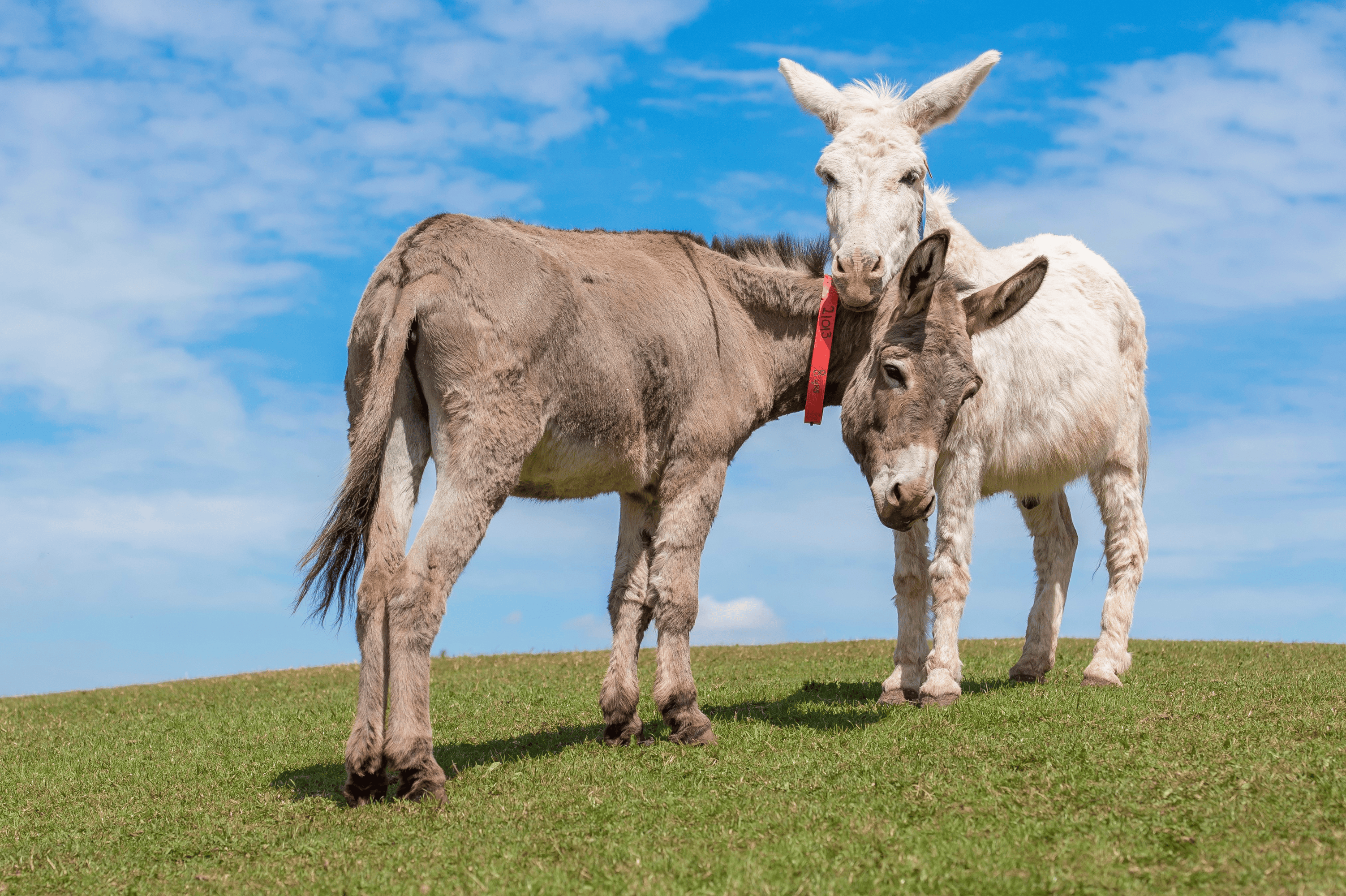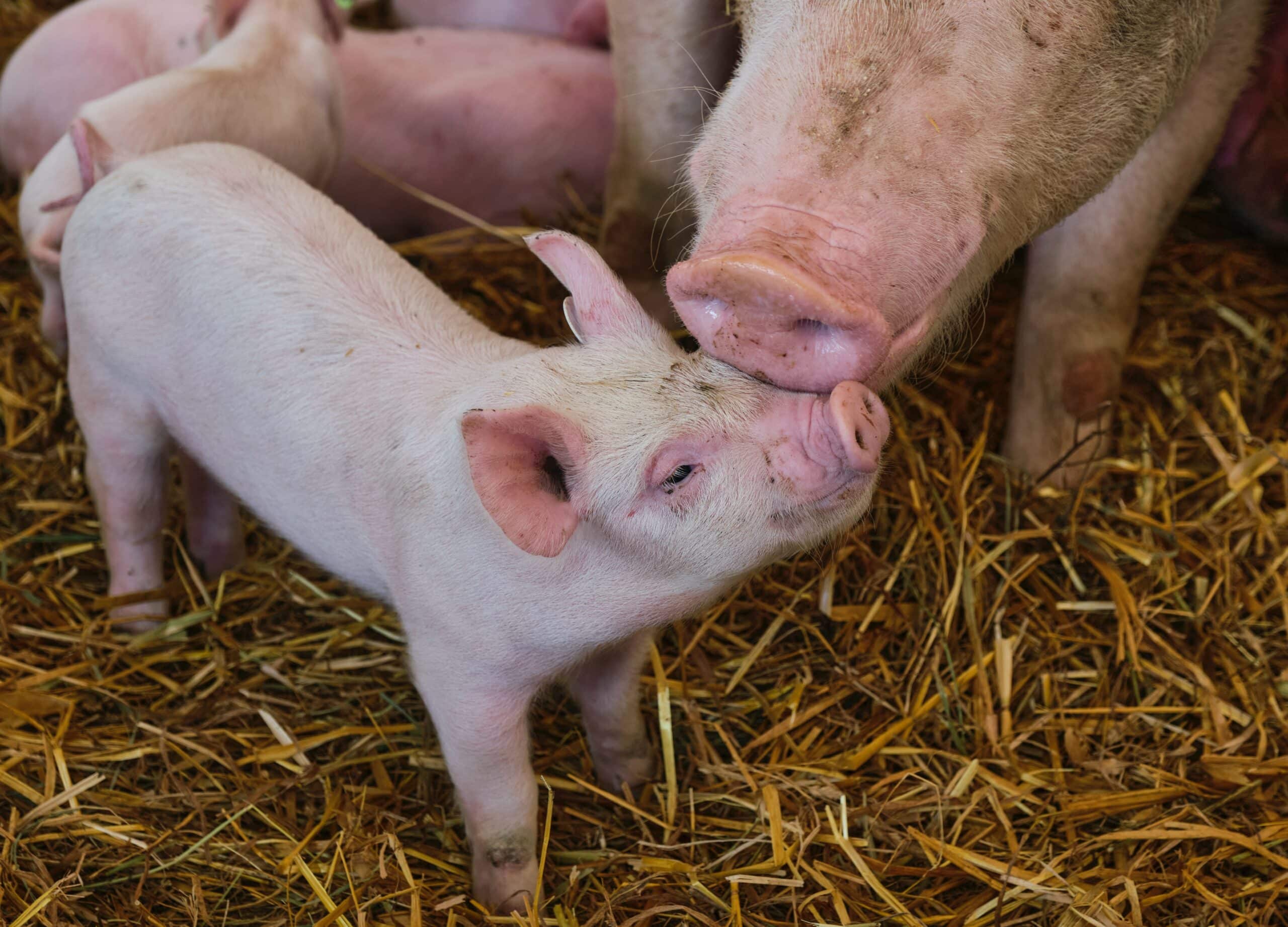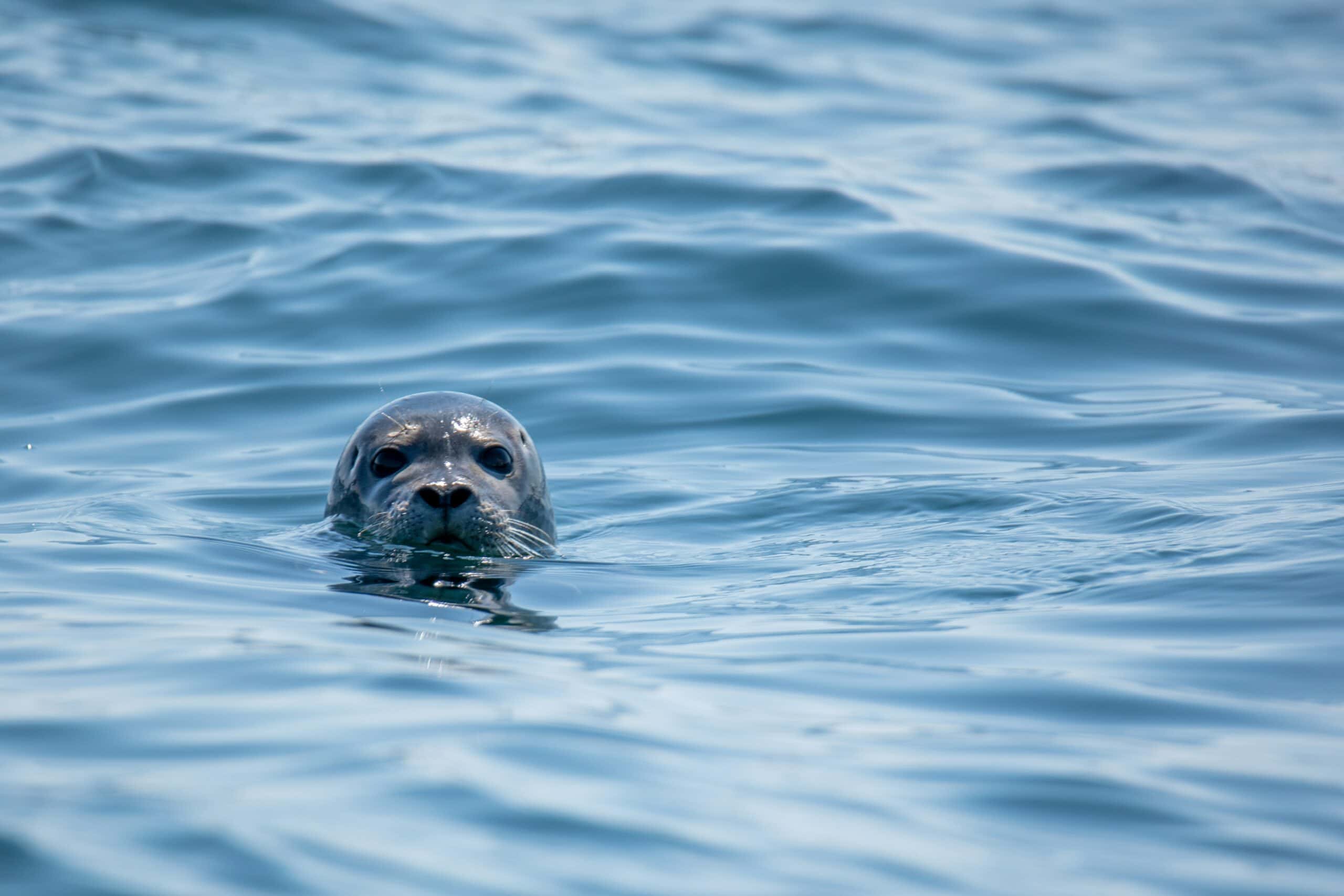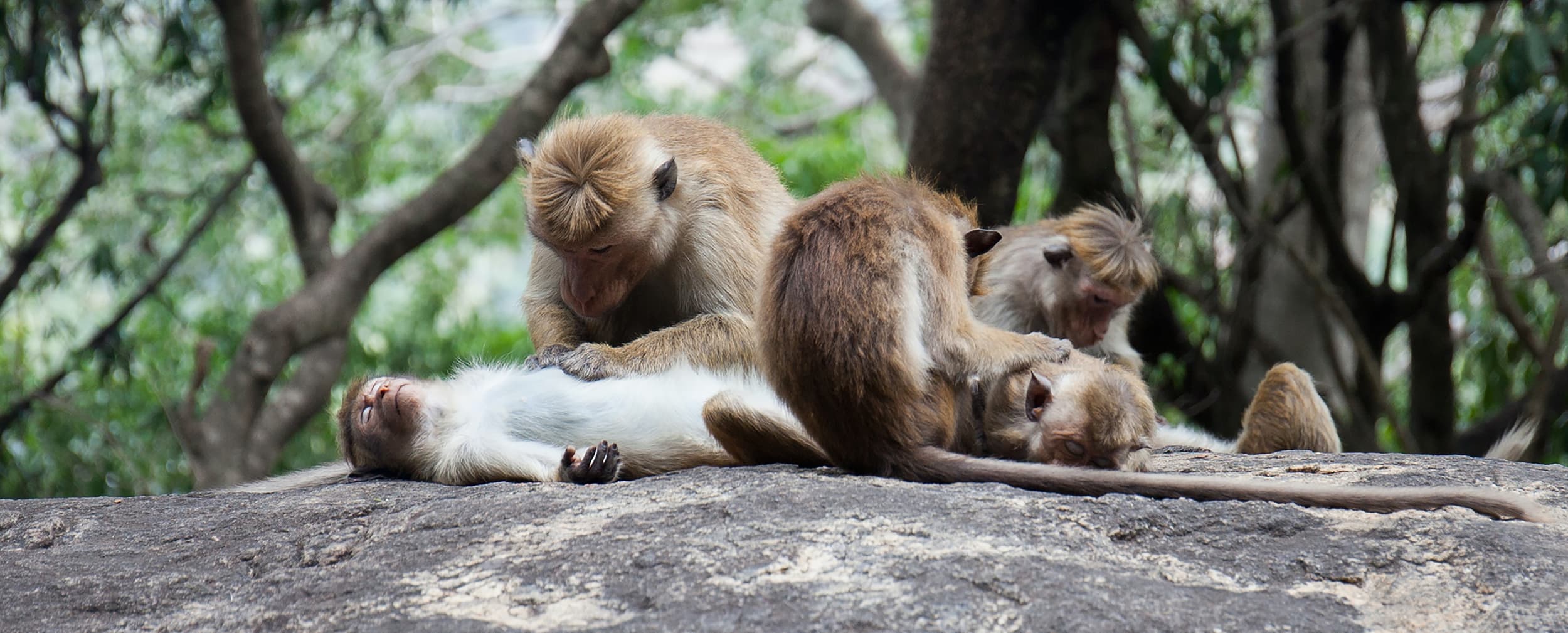In December 2017, NADA, the largest live cargo transport ship, docked at the port of Santos in Brazil to transport 27,000 heads of cattle to Turkey. The arrival of NADA and dozens of trucks loaded with animals passing through the city of Santos caught the attention of local citizens. Concerned with the well-being of the animals, the organisation Fórum Nacional de Proteção e Defesa Animal filed a legal request to investigate the conditions of the animals on the ship.
The report by the court-appointed veterinary expert revealed appalling conditions, prompting the NGO to seek emergency relief to suspend the exportation of the animals and have them unloaded. The trial court judge granted the request, but the appellate court overturned the decision, and the animals were eventually sent to Turkey.
However, the legal battle continued. Fórum requested that all live exports be permanently suspended in Brazil, with other NGOs filing separate lawsuits or requesting to join the case as amicus curiae, including WFA’s member Mercy for Animals.
This week’s decision and next steps
After several rounds of procedural discussions, the trial court finally addressed the case’s merits and issued its final decision within its procedures this week. Brazil’s trial court banned the export of live animals in all ports of the country, a significant milestone for animal welfare.
However, the ruling will not take effect until the matter is reviewed by the Third Regional Federal Court (TRF), which may reverse the lower court’s decision. This is a possibility given its decision in 2017 to overturn the temporary suspension of the export, citing sanitary risks, economic losses, and additional stress to animals from unloading. If the TRF once again overturns the ban, animal welfare advocates can still hope for a positive outcome by appealing to the Supreme Federal Court (STF), which has a record of supporting animal protection. The STF court has previously deemed practices like “farra do boi”, “cock fighting”, and “vaquejada” to be intrinsically cruel and therefore unconstitutional according to Article 225 of the Brazilian Constitution that prohibits animals from being subjected to cruel practices (see more). Based on scientific evidence on the mental and physical stress animals experience during maritime transport, the STF may conclude that live animal exports are similarly cruel and violate constitutional mandates.
It is uncertain how long it will take for the case to resolve fully. However, it will likely take several years to reach a final decision.
The role of international instruments
The recent court’s decision has highlighted the need for international instruments to protect animal welfare. The judge in the case emphasised that animals are sentient beings with rights that require protection, citing the Brazilian Constitution and a Universal Declaration for Animal Rights. While such a Declaration was indeed proposed by activists in 1978, it never became a formal proposal addressed by members of the United Nations. Still, the mention of it in a domestic court decision underscores the importance of striving for the adoption of a similar instrument.
In 2000, a group of animal welfare organisations, including World Animal Protection, a WFA founding member, initiated a campaign for the adoption of a Universal Declaration for Animal Welfare (UDAW) aimed at recognising animals as sentient and the protection of their welfare as essential to the achievement of global goals, including the Sustainable Development Goals. The UDAW also calls for the adoption of recommendations issued by the World Organisation for Animal Health (WOAH). WFA is working with its member organisations and UN Member States towards the adoption of UDAW by the UN General Assembly in the not-so-long future.
In his decision, the judge in the Brazilian court also referenced WOAH recommendations made in its Terrestrial Animal Health Code and suggested that Brazil was not following them. This linkage between domestic regulation and international recommendations highlights the importance of improving international policymaking, and WFA is dedicated to this task.
WFA is an active member of the International Coalition for Animal Welfare (ICFAW), which engages in the elaboration of recommendations made by WOAH and promotes activities to support their implementation. The WOAH recommendations for animal transport by land and sea were first adopted in 2008 and are due for a comprehensive review in the coming years.





